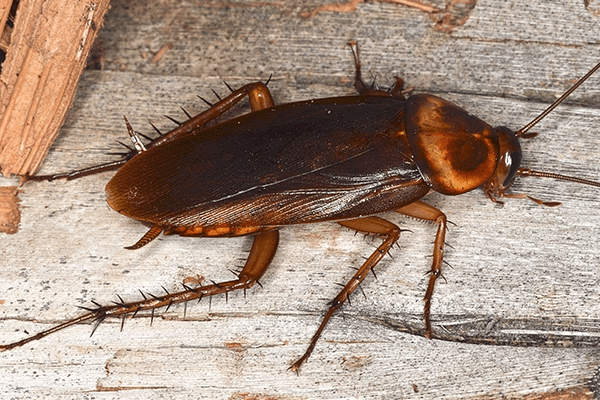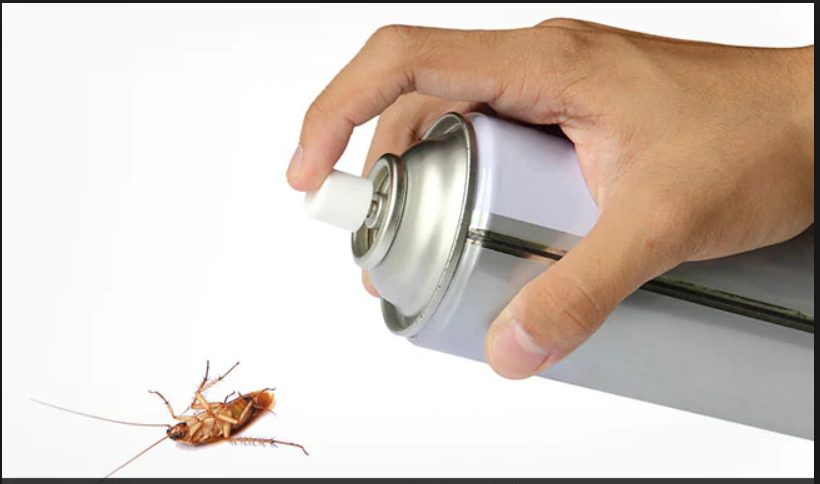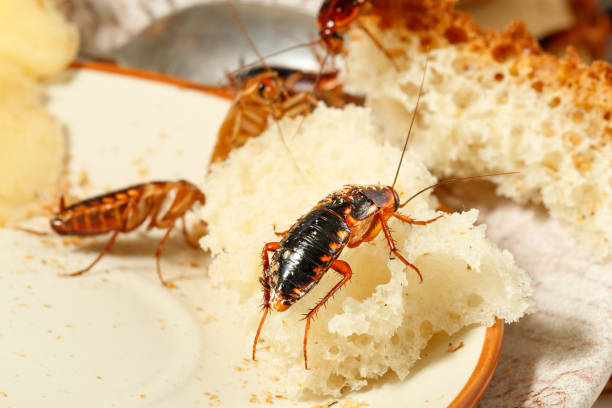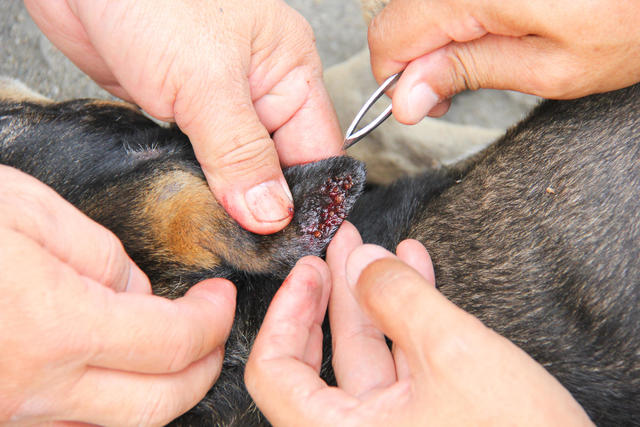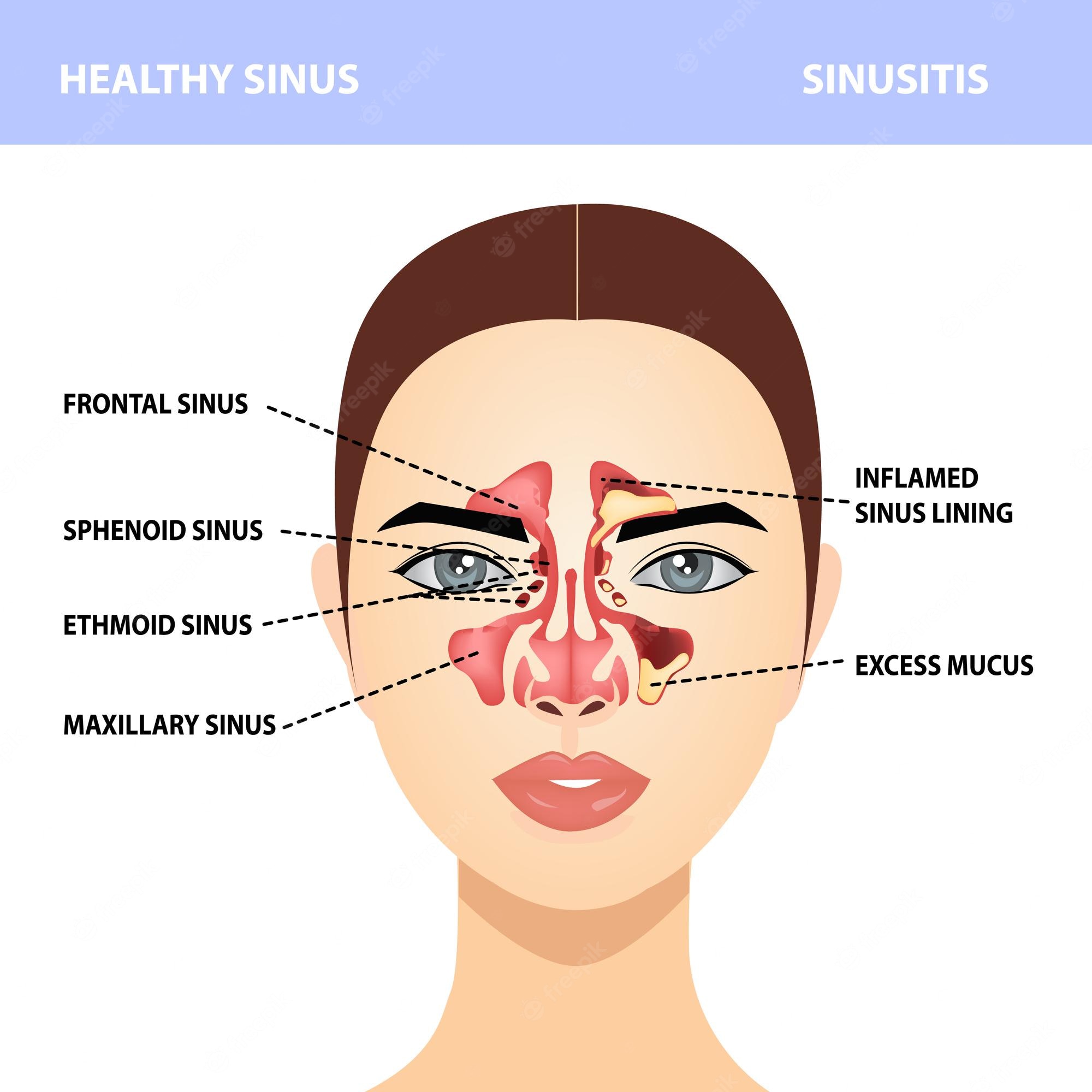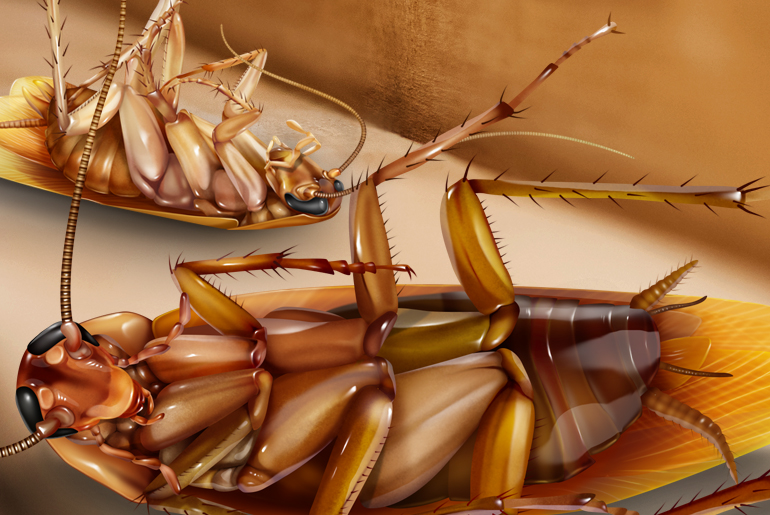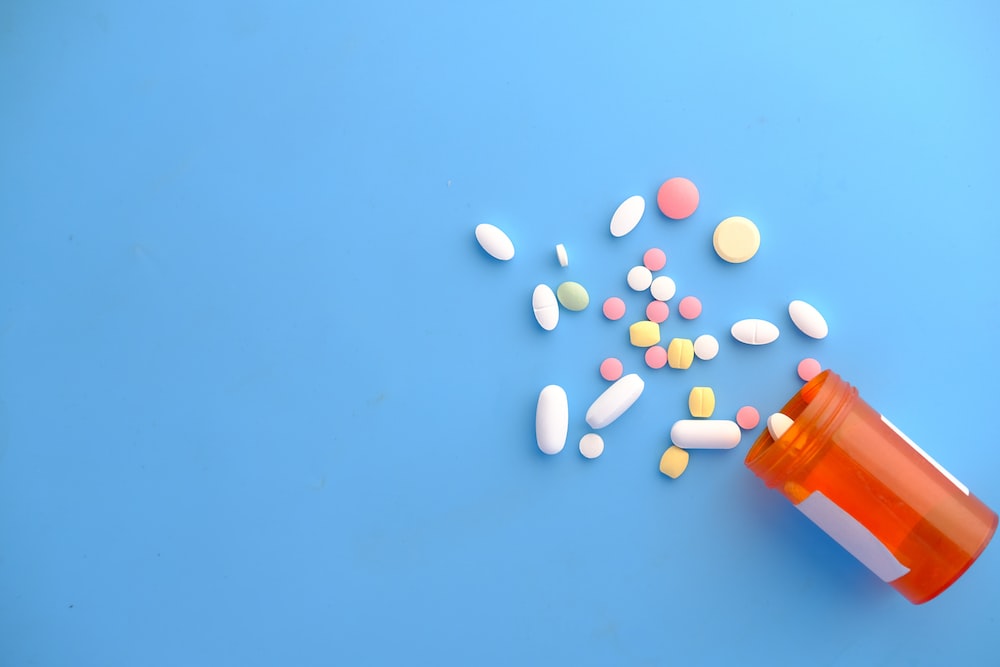Why Do I Keep Getting Sinus Infections
Most people with a sensitive sinus area know that they’re prone to getting these infections, but are often left confused as to why. Why do I keep getting sinus infections? What exactly is going on here? Why can’t I just get it once and be done with it?
For many, getting a constant stream of sinus infections is more than just an inconvenience; it’s downright detrimental. These infections will not only make you feel terrible, but also pose other risks for your general health as well.
That being said, if you have a tendency to get frequent attacks of the dreaded sinus infection, there are sensible steps you can take to reduce the risk of them coming back again and again.
What is a Sinus Infection?
A sinus infection is an irritation or infection of the sinus cavities. The sinuses are small cavities in your head behind your nose and eyes. They are lined with mucous membranes that help to moisten and warm the air as it flows to your lungs. Infections can occur when bacteria or viruses penetrate the walls of the sinuses, causing inflammation.
This is often accompanied by a build-up of mucus, which can decrease airflow and lead to a stuffy nose. A sinus infection may be bacterial or viral, or a combination of both. Bacterial infections are more common and last longer than viral infections.
A bacterial infection can be treated with antibiotics if it is severe. Viral infections do not require antibiotics, but treatments exist for these infections nonetheless.
Why do I keep getting Sinus Infections?
Sinus infections are caused by bacteria or a virus getting into the sinuses and causing an infection. This is often triggered by cold air or dry air in your environment. You might also get a sinus infection when your immune system is weakened, either due to illness or due to stress.
People who are prone to sinus infections often have breathing issues that make it difficult to flush out the sinuses, which leaves them more susceptible to infection. There are a few reasons why you may be getting frequent sinus infections, and once you know what they are, you can take steps to help stop them.
A. Structural Issue – You might have an anatomical structural issue that makes it difficult to drain the sinuses, which will make you more susceptible to infection.
– If your nasal passages aren’t wide enough, for example, it’s harder for the mucus to flow out of the sinuses, which leaves you more susceptible to infection.
– If you have deviated septums, polyps, or other structural issues in your sinuses, you will find it more difficult to flush them out.
– If you have a deviated septum, for example, you will have less room for the mucus to travel, which will make it harder to flush out.
– A deviated septum can also cause your nasal passages to be blocked if you’re breathing in while sleeping, which leaves you prone to infection. B. Immune Issue – You might have a weakened immune system caused by a cold, or something like asthma or allergies.
– A weakened immune system can cause the sinuses to become infected with the cold or other viral infections, which can worsen the symptoms.
– Viral infections are generally not treated with antibiotics, which means that your sinuses will remain infected until your immune system kicks in and clears them out.
– If you have allergies that keep you from having a healthy immune system, you will have more trouble fighting off infections.
What Can I Do to Stop the Constant Flow of Sinus Infections?
If getting a constant stream of sinus infections is causing you serious harm, it might be a good idea to see your doctor. They might be able to prescribe antibiotics or other medicines that can help reduce the infection, which will help to stop the cycle.
There are also things you can do in your daily life to help reduce the risk of getting frequent sinus infections.
A. Keep the Air Fresh – You want to be sure you’re keeping your house or work environment as clean as possible. This means regularly cleaning the floors and vacuuming often, as well as cleaning any surfaces that might have accumulated dust or other contaminants.
– Dust, dirt, and other pollutants can aggravate allergies and make it more difficult to breathe, which leaves you more vulnerable to getting a sinus infection. – If you have allergies, it’s even more important to keep the air clean, as allergens can be more difficult to clear from the sinuses if you have a weak immune system.
– You should also keep your humidifier running during the winter months, as dry air can make it harder for your sinuses to flush themselves out.
B. Be Careful What You Eat – If you have allergies or asthma, you might be tempted to eat whatever you want in order to feel better. Unfortunately, while this might help with the short-term outcome, it will likely make the long-term issues even worse.
– If you have allergies, eating foods that are high in histamines, such as red meat, will make your allergies worse, which can cause more sinus infections. – If you have asthma, eating foods that might trigger your allergies will make your asthma symptoms worse.
– This is especially important if you often get sinus infections that last for more than a couple of weeks.
C. Stay Healthy – Getting sufficient sleep and exercising regularly can help your immune system stay strong and fight off infections.
– If you’re stressed out, your immune system is more likely to be weakened and less likely to be able to fight off infections.
– If you are in good health, it will also be easier to flush the sinuses of contaminants and other harmful substances, which can make you less likely to get sick.
3 Simple Things You Can Do to Help Stop Getting Sinus Infections
Once you’ve addressed the issues that are making you more prone to sinus infections, you can take the next step towards reducing the risk of getting a constant stream of sinus infections. There are a few easy things you can do in your daily life that can really help lower your risk.
A. Nose Bleeds – If you notice that you’re getting more nose bleeds than normal, it’s possible that you’ve injured your septum. This can happen during sports, or any time your nose is hit. It’s important to heal this injury, as it can cause a lot of trouble with your sinuses.
– You can help to heal this injury by applying pressure to the wound, and wearing a protective guard while you engage in sports or other activities that might cause it.
– You can also try putting hot or cold compresses on the injury to help it to heal quicker, as well as using essential oils or hydrosols to help reduce swelling and speed up the healing process.
B. Stay Hydrated – It can be tempting to ignore your need to drink enough water when you’re feeling unwell, but this can actually make your symptoms worse. – When you’re sick, your body loses a lot of fluids, which can make you feel terrible.
– If you don’t replace these lost fluids, you’ll soon become dehydrated, which can worsen your symptoms and make you feel even worse.
– Drinking enough water can help flush the contaminants out of the sinuses and keep them from getting infected, which can reduce your risk of getting sinus infections.
C. Reduce Stress – Managing your stress levels can do a lot more than just make you feel better. It can actually prevent you from getting sick and keep you from getting frequent infections.
– Stress can weaken your immune system, as well as make you more likely to get sick.
– It can also create a buildup of toxins in the body, which can cause the sinuses to become infected.
Conclusion
Getting a constant stream of sinus infections can be both uncomfortable and debilitating. While it’s important to be cautious, to avoid making yourself sick, it’s also important to keep your stress levels in check, as this can prevent a lot of different issues from occurring.
reduce your risk of getting a constant stream of sinus infections, it’s important to keep the air fresh, be careful what you eat, stay hydrated, and reduce your stress levels, as well as address any issues that might be making you more prone to sinus infections.
